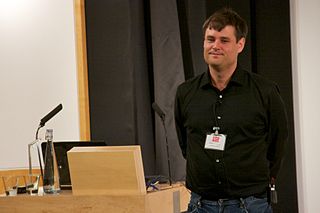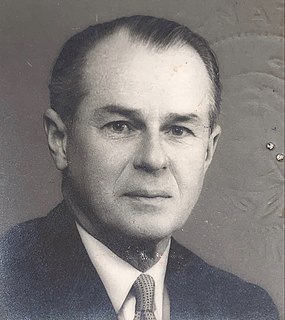A Quote by Richard Dawkins
Public sharing is an important part of science.
Related Quotes
During my span of life science has become a matter of public concern and the l'art pour l'art standpoint of my youth is now obsolete. Science has become an integral and most important part of our civilization, and scientific work means contributing to its development. Science in our technical age has social, economic, and political functions, and however remote one's own work is from technical application it is a link in the chain of actions and decisions which determine the fate of the human race. I realized this aspect of science in its full impact only after Hiroshima.
In a Society becoming steadily more privatized with private homes, cars, computers, offices and shopping centers, the public component of our lives is disappearing. It is more and more important to make the cities inviting, so we can meet our fellow citizens face to face and experience directly through our senses. Public life in good quality public spaces is an important part of a democratic life and a full life.
The relationships of our present social life are so numerous and so interwoven that a child placed in the most favorable position could not readily share in many of the most important of them. Not sharing in them, their meaning would not be communicated to him, would not become a part of his own mental disposition. There would be no seeing the trees because of the forest. Business, politics, art, science, religion, would make all at once a clamor for attention; confusion would be the outcome.





































